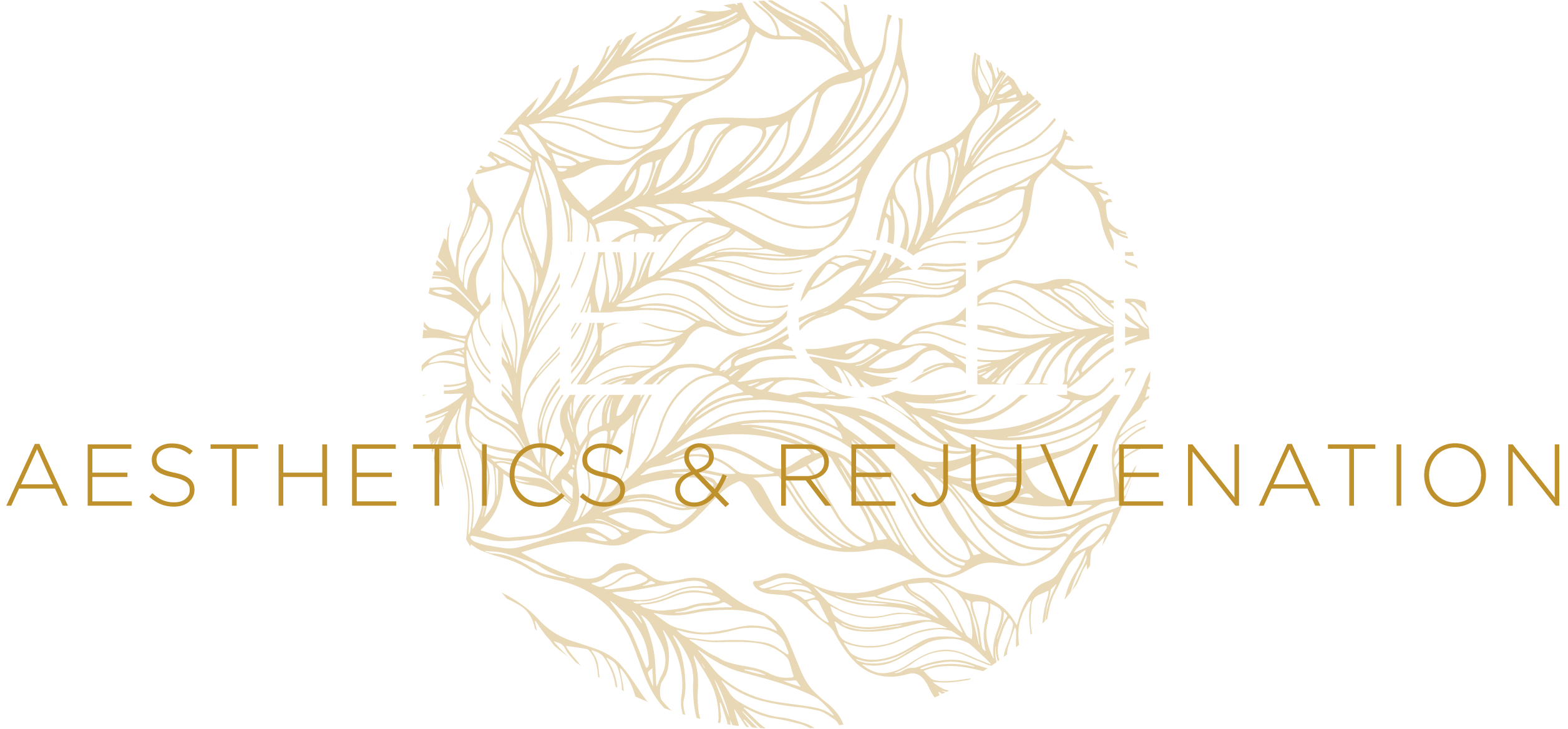You've just invested in a collagen-inducing treatment like laser skin resurfacing or HIFU – congratulations! These advanced procedures work by creating controlled micro-injuries that trigger your skin's natural healing response and stimulate new collagen production. But here's the secret to maximising your results: what you put into your body is just as important as what's done to your skin.
The right supplements can significantly enhance your body's collagen synthesis, helping you achieve better, longer-lasting results from your aesthetic treatments. Let's explore the scientifically-backed nutrients that can transform your post-treatment journey.
Understanding the Collagen Production Process
After treatments like laser resurfacing or HIFU, your skin enters a healing and rebuilding phase that can last several months. During this time, your body needs specific building blocks to create strong, healthy collagen fibres. Without adequate nutrition, your results may be less dramatic or take longer to appear.
Think of it this way: your treatment has given your skin the blueprint for renewal, but supplements provide the raw materials to build something beautiful.
The Essential Collagen-Supporting Supplements
1. Vitamin C: The Collagen Catalyst
Vitamin C is critical for collagen synthesis – without it, your body simply cannot produce quality collagen fibres. This powerful antioxidant helps convert amino acids into collagen while protecting existing collagen from free radical damage.
Recommended dose: 500-1000mg daily Best form: L-ascorbic acid or liposomal vitamin C for better absorption Timing: Take with meals to enhance absorption and reduce stomach irritation.
2. Collagen Peptides: Direct Building Blocks
While your body can make collagen from various amino acids, supplementing with collagen peptides provides direct building blocks that are easily absorbed and utilized.
Recommended dose: 5-15g daily Best types: Marine collagen (Type I) for skin elasticity, or multi-type blends Timing: On an empty stomach for optimal absorption, or mixed into morning beverages
3. Zinc: The Healing Mineral
Zinc plays a crucial role in protein synthesis and wound healing – both essential for post-treatment recovery and collagen formation.
Recommended dose: 8-15mg daily (don't exceed 40mg) Best form: Zinc picolinate or zinc bisglycinate for better absorption Note: Take away from calcium and iron supplements as they can interfere with absorption
4. Silica: The Structural Support
Silica helps maintain the structural integrity of collagen and elastin fibres, contributing to skin firmness and elasticity.
Recommended dose: 5-20mg daily Best sources: Bamboo extract or horsetail extract Bonus: Also supports healthy hair and nails
5. Hyaluronic Acid: The Hydration Hero
While not directly involved in collagen synthesis, hyaluronic acid helps maintain skin hydration and provides the optimal environment for collagen production and healing.
Recommended dose: 100-200mg daily Best form: Low molecular weight for better absorption Timing: Can be taken any time of day with water
6. Omega-3 Fatty Acids: The Anti-Inflammatory Support
Omega-3s help reduce inflammation and support the healing process, creating an optimal environment for collagen synthesis.
Recommended dose: 1000-2000mg EPA/DHA daily Best sources: High-quality fish oil or algae-based supplements Timing: With meals to enhance absorption and reduce fishy aftertaste
Advanced Collagen Support Nutrients
Proline and Glycine
These amino acids are primary components of collagen. While your body can produce them, supplementation during healing phases can be beneficial.
Copper
Essential for collagen cross-linking and elastin formation. Most people get adequate copper from diet, but a small supplement (1-2mg) can be helpful.
Vitamin E
Works synergistically with vitamin C to protect collagen from oxidative damage.
Creating Your Post-Treatment Supplement Protocol
Week 1-2 Post-Treatment (Intensive Healing Phase):
· Vitamin C: 1000mg daily
· Zinc: 15mg daily
· Collagen peptides: 10-15g daily
· Omega-3s: 2000mg daily
Week 3-8 (Active Collagen Production Phase):
· Vitamin C: 500-750mg daily
· Zinc: 10mg daily
· Collagen peptides: 5-10g daily
· Hyaluronic acid: 150mg daily
· Silica: 10mg daily
· Omega-3s: 1000mg daily
Month 2+ (Maintenance Phase):
· Continue with moderate doses of key nutrients
· Focus on whole food sources when possible
· Monitor results and adjust as needed
Important Considerations
Quality Matters: Choose supplements from reputable brands with third-party testing. Poor-quality supplements may contain contaminants or insufficient active ingredients.
Timing is Key: Some nutrients work better together, while others can interfere with each other. Space out zinc and iron, and take vitamin C with meals.
Individual Needs Vary: Factors like age, diet, lifestyle, and the intensity of your treatment may influence your supplement needs.
Medical Consultation: Always consult with your healthcare provider before starting new supplements, especially if you take medications or have health conditions.
Maximizing Absorption and Effectiveness
1. Stay Hydrated: Adequate water intake is crucial for nutrient transport and collagen synthesis
2. Eat Protein: Ensure adequate protein intake to provide amino acid building blocks
3. Avoid Collagen Destroyers: Limit sugar, excessive sun exposure, and smoking
4. Get Quality Sleep: Growth hormone released during sleep supports tissue repair
5. Manage Stress: Chronic stress elevates cortisol, which can break down collagen
The Bottom Line
Your investment in professional skin treatments deserves the best possible support. By providing your body with the right nutritional building blocks, you're not just enhancing your treatment results – you're investing in long-term skin health and vitality.
Remember, supplements are meant to complement, not replace, a healthy diet rich in colourful fruits, vegetables, quality proteins, and healthy fats. Combined with your professional treatments and a good skincare routine, the right supplements can help you achieve the radiant, youthful skin you're working toward.

